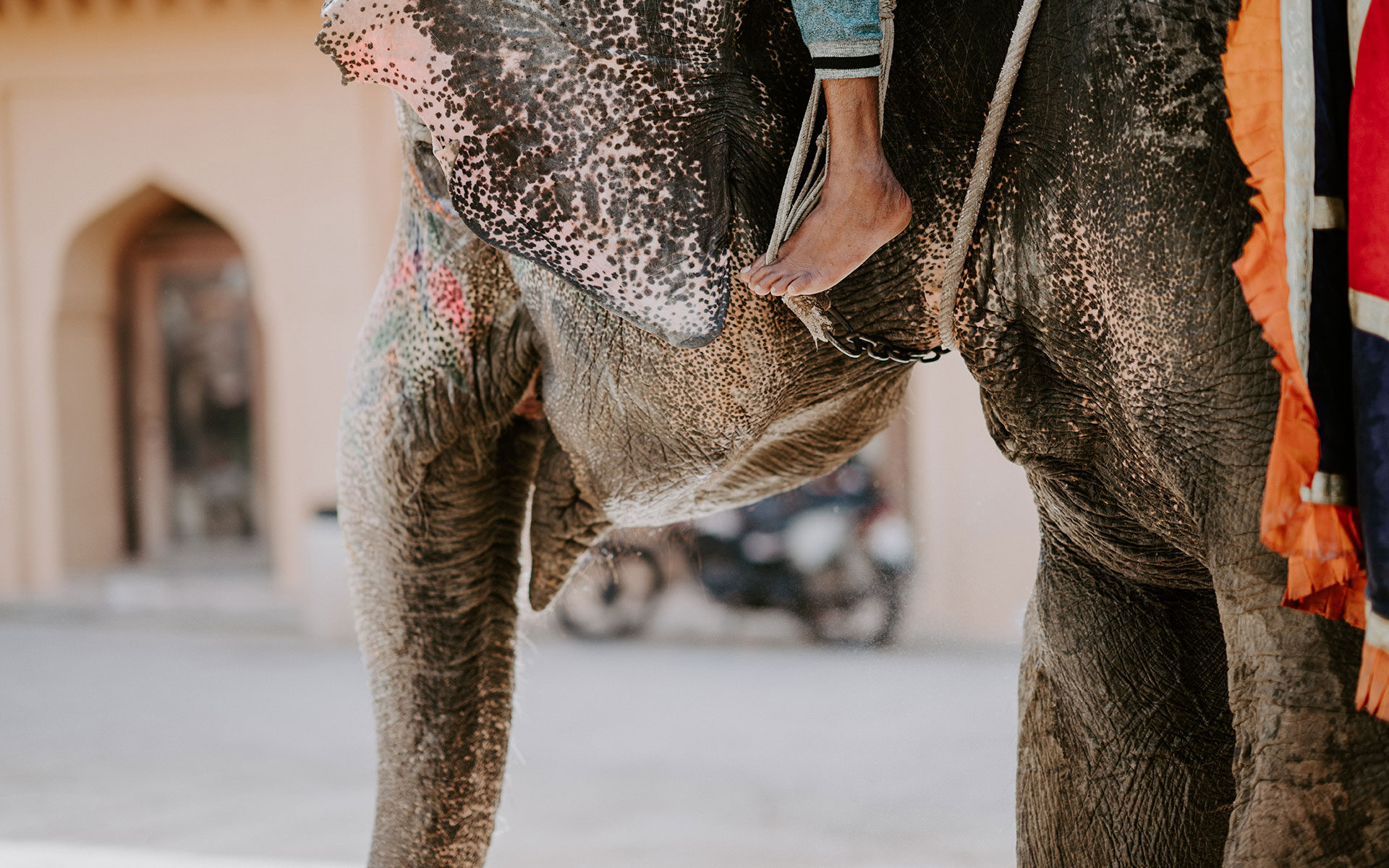Companies receive countless amounts of resumes a year and it’s easy to start to blend everyone together. One way that interviewees can stand out above the rest is through volunteer experience. Although volunteerism may not seem as important to include on a resume as employment or education, here’s some reasons why you may want to consider putting this on your resume.
Shows Desirable Personality Traits
If you are someone who thinks volunteerism is important, then chances are that you have personality traits that are valuable to a company. Personality traits such as compassion, patience, enthusiasm, and devotion show companies that you have the ingredients of a good employee.
Hard and Soft Skills
Like job experience, volunteerism can give you many hard and soft skills. Skills such as communication, teamwork, problem-solving, and leadership are all positive attributes in the eyes of an employer and can be acquired through volunteerism.
Globalization/Culture
Volunteering allows you to interact with a wide variety of people from many different backgrounds, especially if you volunteer abroad. Volunteering abroad shows that you are open to new culture and can adapt well to different environments. These are important skills that employers like to see.
If you are interested in volunteering, contact your local humane society, food bank, or retirement home to see if they are accepting volunteers. You can also search online for local or abroad volunteer opportunities.
Dr. Barbara R Edwards, Princeton internist practices at Penn Medicine Princeton Health in the Penn Medicine Princeton Medical Center and also serves as Medical Director of the Bristol-Myers Squibb Community Health Center.
Source: Her Campus






